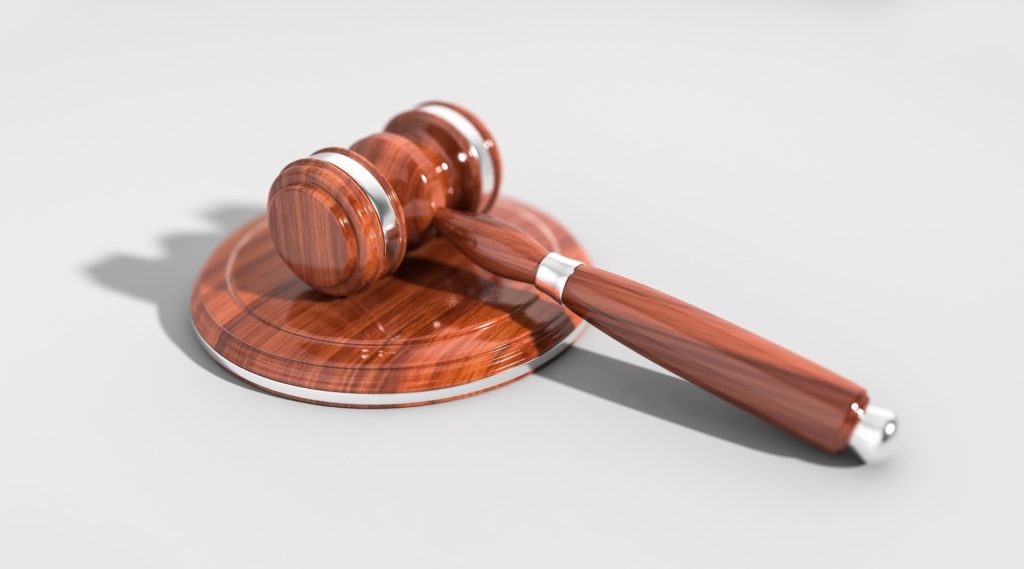If you have been charged with a crime in Alberta, it’s important to understand your legal rights and responsibilities both before and after you enter your plea in court.
Once you plead guilty to a charge in a court, it is sometimes possible to change your plea providing you meet certain requirements. These requirements usually require legal experience to navigate.
It is therefore always best to seek legal advice from Cory Wilson before pleading guilty to a charge or acting on any of the information detailed on this page.

Before you plead guilty…
No matter what your alleged crime, you are entitled to a defence under Canadian law and you are presumed innocent until found guilty in a court of law.
Many cases that seem “open and shut” are not so. Evidence may be excluded by a judge, law enforcement officers may have violated your Charter rights, or new evidence may come to light. This can all provide you with a defence that you may not have considered.
That makes it important to never plead guilty until you have received the appropriate legal advice from a criminal defence lawyer.
When you appear in court, the Crown Prosecutor will read the charge and the judge will ask how you plead.
It is important to know that you do not have to enter a plea on your first court appearance. This can be adjourned until a subsequent appearance for you to receive legal advice.
If you plead not guilty, the judge will set either a trial date or a preliminary inquiry date.
If you plead guilty and your plea is accepted, you will be allowed to “speak-to-sentence”. That is, you can inform the court about your personal circumstances and anything you would like to be taken into account before sentencing.
The judge may sentence you right then and there or the decision may be adjourned until a later date after further information has been gathered via a pre-sentence report.
Factors that determine if your plea was invalid
Sometimes, a defendant who pleads guilty regrets their actions and wants to change their plea before being sentenced.
If this applies in your case, you will need to demonstrate that your previous plea was invalid and present the reasons why you should be permitted to change it – it isn’t as simple as having a change of heart.
While this is not a common occurrence, it is possible under certain circumstances to make an application to change your plea.
These circumstances include:
- Entering a guilty plea without understanding the nature of the charges against you (you were uninformed)
- Not having legal representation (or having inadequate representation) at the time of entering your plea
- Pressure being exerted on you by a person in a position of authority to plead guilty
- Threats being made by a third party
- The Crown Prosecution not disclosing evidence before the trial began
In each of the above examples, you may be able to change your pleas from guilty to not guilty with the assistance of your defence lawyer.
How to change your plea
As mentioned, when you appear in court, you will be asked by the judge how you plead.
Even if you plead guilty, you can appeal to the same judge before sentencing to change your plea if you can provide sufficient evidence that your initial plea was invalid.
That means addressing one or more of the circumstances explained above. The burden of proof lies with you and you will need to show that proceeding with a guilty plea would lead to a miscarriage of justice.
This is no easy task in most cases. Entering the correct evidence requires you to navigate a series of complex legal procedures governing the entrance of evidence in a court of law. Most people require a lawyer’s assistance with these procedures.
However, no judge wants to preside over a miscarriage of justice, so providing that you are able to meet the requirements to change your plea, there is a decent chance that your application will be granted.
Note that if you are unable to provide adequate evidence and the judge suspects that the only reason for changing your mind about your plea is the prospect of an unexpectedly tough sentence or another invalid reason, your original guilty plea will stand.
Can I change my not guilty plea to guilty?
The law regarding changing a not-guilty plea to guilty is very different.
If you pled not guilty, you can change it to guilty at any point before or during your trial.
This may be the best course of action if there are problems with your defence case – for instance, new evidence weakens your defence significantly and makes a conviction at trial highly likely.
The prosecution may look favourably on a guilty plea and agree to reduce the punishment if you agree to plead guilty.
Depending on the nature of the offence and the evidence against you, a guilty plea can be the difference between having to live with a lifelong criminal record and escaping with a conditional discharge or an absolute discharge.
Before you enter any plea for any charge against you, be sure to speak to criminal defence lawyer, Cory Wilson, for legal advice.
